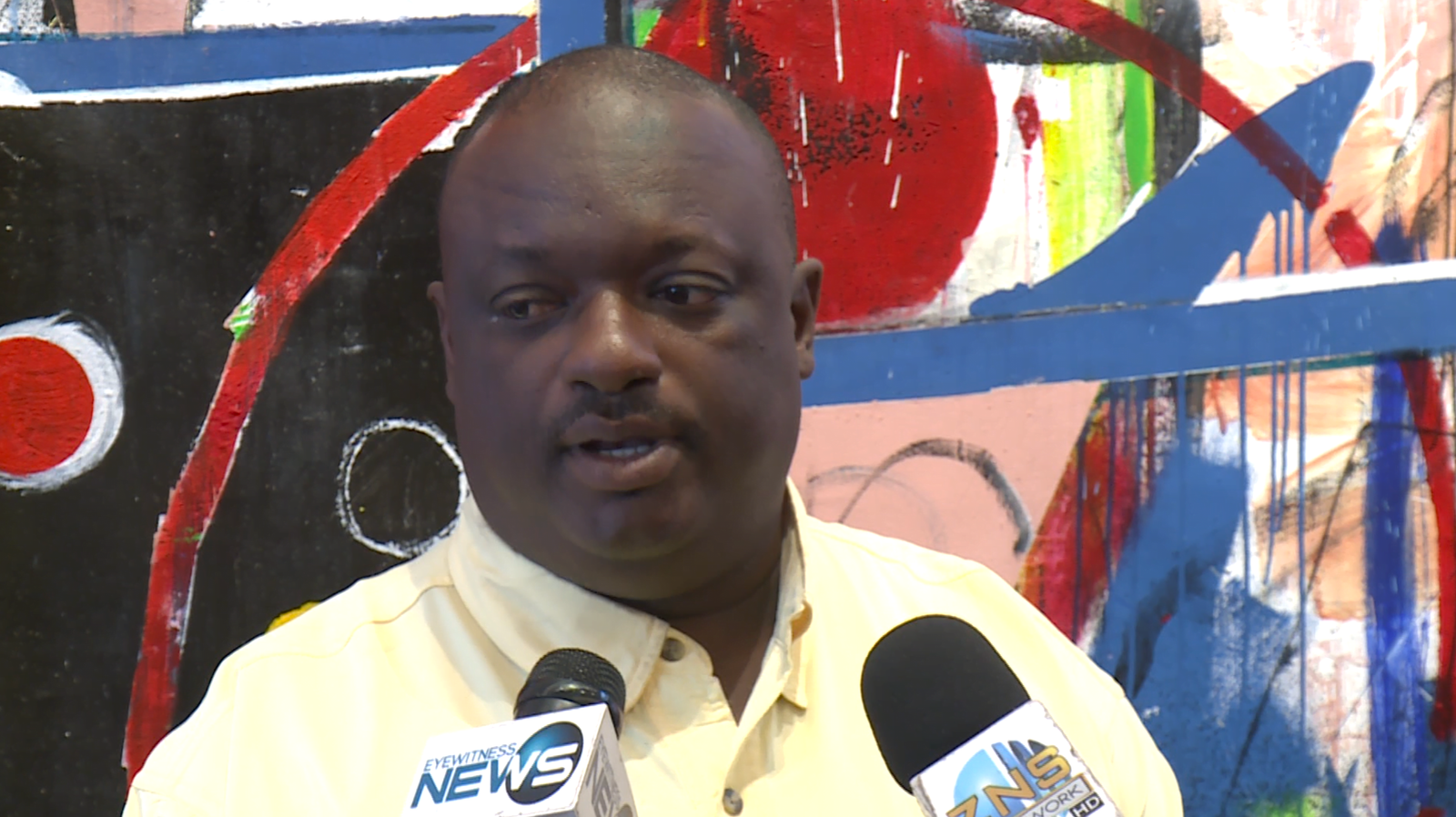Some farmers maintain local environment remains tough
NASSAU, BAHAMAS — Vying to maintain their position in local and international business, local farmers were yesterday taught new methods to become more ‘business minded’ as the Farmers United Cooperative held its first annual conclave.
However, some industry experts said despite the exposure there remain challenges preventing the industry from growing.
Caribbean Israel leadership Coalition President Bishop Andre Thomas, who heads the development of technology in the Caribbean suggested yesterday that The Bahamas is in an ideal position for an agricultural transformation.
“This is an agricultural nation,” he said.
“Now, people have moved from agriculture and moved into tourism, but much of that money that is coming from tourism is going out in what: food importation.”
Speaking with the media, Caron Shepard, president of the Farmers United Cooperative explained the government should assist farmers more and put farmers on “solid footing”.
Last year, some local farmers clashed with the Ministry of Agriculture.
Then Minister of Agriculture and Marine Resources Renward Wells, now the minister of transport and local government, noted at the time that local farmers wanted $60 million in hurricane relief funds from government, but the government’s assessment put that figure closer to $2 million.
“There is a deficiency as it relates to understanding the business side of farming,” Shepard said.
She said many farmers have not been trained to take their crops to an international market, which is one of the reasons yesterday’s conclave was so critical.
Speakers at the conclave discussed the importance of organic soil usage, local poultry and some of the risks associated with importing poultry, among a host of others topics.
 Justin Taylor, a local poultry farmer, told Eyewitness News Online that the ever-growing practice of importing poultry from the international is disheartening.
Justin Taylor, a local poultry farmer, told Eyewitness News Online that the ever-growing practice of importing poultry from the international is disheartening.
“Gladstone Farm once upon a time was producing 65,000 chickens per week; the farm in Freeport, Grand Bahamas was producing 35,000 chickens per week, so when you look from [the] late 90s to late 2005, there has been a decline,” Taylor said.
He continued, “The [local] market is big enough for us, however, land availability is restricted, so that creates a problem. Hurricanes have also decimated a large amount of the poultry industry.
He continued, “It’s not getting easier.
According to local farming officials, The Bahamas bring in more than half a billion dollars worth of food from the across the globe.
While laws ensure local farmers contribute 35 percent of the food market with local food, some farmer maintain it is difficult to operate in the current market.
“If you can combine the capacity of the farmers that can produce grade A meats and vegetables, then we can begin to win,” Taylor added.






